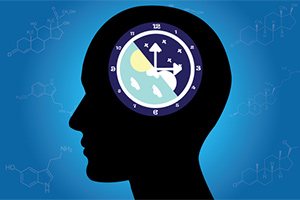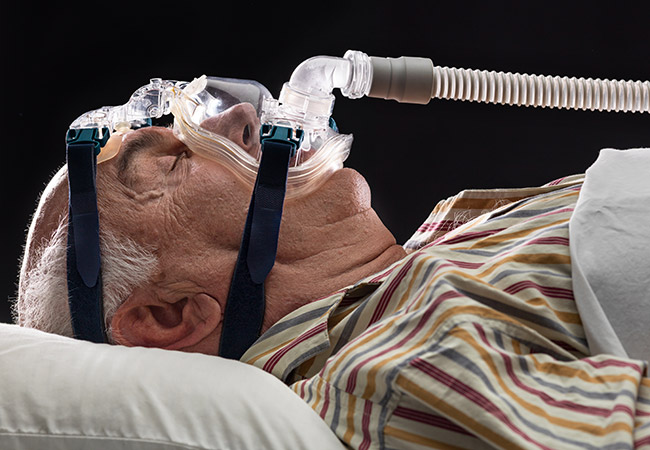Cutting-edge Insomnia Solutions - Find What Works for You
Cutting-edge Insomnia Solutions - Find What Works for You
Blog Article
Reliable Therapy Solutions for Taking Care Of Rest Disorders and Enhancing Relaxing Sleep
In the world of health care, the management of rest problems and the mission for relaxed sleep are essential parts of total wellness. Reliable treatment solutions offer a complex method to take on these obstacles, varying from cognitive behavioral treatments to holistic methods that advertise leisure and mindfulness. The exploration of different approaches, consisting of the combination of medication and light treatment, opens up a world of opportunities in the pursuit of far better rest quality. As we browse the detailed landscape of sleep problems and look for to boost our rest experience, a deeper understanding of these treatment options may hold the key to unlocking a much more rejuvenating and meeting corrective trip.
Cognitive Behavior Therapy for Sleeplessness (CBT-I)
Cognitive Behavior Treatment for Insomnia (CBT-I) is a structured, evidence-based therapy approach that concentrates on attending to the hidden variables adding to sleep disturbances. This sort of therapy aims to customize habits and ideas that worsen sleeplessness, inevitably advertising healthy rest patterns. CBT-I typically includes several crucial elements, including cognitive therapy, rest limitation, stimulus control, and rest hygiene education.
Cognitive therapy helps people determine and alter unfavorable idea patterns and beliefs regarding rest that may be preventing their capacity to fall or stay asleep. Rest restriction involves restricting the quantity of time invested in bed to match the individual's real sleep duration, thereby increasing rest efficiency (sleep improvement therapy). Stimulation control strategies help develop a strong organization between the bed and sleep by urging individuals to head to bed just when sleepy and to stay clear of participating in stimulating tasks in bed
In addition, sleep hygiene education concentrates on establishing healthy and balanced sleep practices, such as keeping a constant rest routine, creating a relaxing going to bed routine, and enhancing the sleep setting. By attending to these factors thoroughly, CBT-I offers a reliable non-pharmacological intervention for handling sleeping disorders and boosting general rest top quality.
Sleep Health Practices
Having actually established the foundation of cognitive restructuring and behavioral adjustments in attending to sleeping disorders through Cognitive Behavior modification for Sleeplessness (CBT-I), the focus currently shifts in the direction of checking out necessary Rest Hygiene Practices for keeping optimum sleep high quality and total well-being.
Sleep hygiene techniques incorporate a variety of routines and environmental variables that can considerably affect one's capacity to fall asleep and stay asleep throughout the night. Consistent rest and wake times, developing a relaxing bedtime routine, and optimizing the sleep atmosphere by keeping it dark, silent, and cool are vital components of great sleep health. Restricting exposure to screens prior to going to bed, staying clear of stimulants like high levels of caffeine near to bedtime, and engaging in normal exercise throughout the day can likewise advertise far better sleep high quality.
In addition, exercising leisure strategies such as deep breathing workouts or meditation before bed can help relax the mind and prepare the body for sleep. By including these sleep hygiene practices right into one's everyday routine, individuals can develop a healthy and balanced sleep pattern that supports restful rest and general well-being.
Relaxation Strategies and Mindfulness
Executing leisure strategies and mindfulness methods can play a pivotal duty in promoting a feeling of calm and advertising top quality rest. Additionally, directed imagery can help deliver people to a serene area in their minds, assisting in stress decrease and boosting rest quality.
By including these methods right into a going to bed regimen, individuals can signal to their bodies that it is time to prepare and loosen up for rest. In general, integrating leisure strategies and mindfulness practices can considerably contribute to managing sleep problems and improving general sleep quality.

Medication Options for Sleep Disorders
After checking out relaxation techniques and mindfulness techniques as non-pharmacological interventions for boosting sleep top quality, it is important to think about medication choices for people with sleep problems. In instances where way of living adjustments and therapy do not offer enough alleviation, medicine can be a useful tool in managing sleep disturbances.
Generally prescribed drugs for sleep disorders consist of benzodiazepines, non-benzodiazepine hypnotics, antidepressants, and melatonin receptor agonists. Antidepressants, such as trazodone, can be advantageous for people with co-occurring anxiety and sleep disruptions - sleep therapy.
It is important for individuals to speak with a doctor to figure out the most appropriate drug alternative based on their particular sleep problem and medical history.
Light Treatment for Circadian Rhythm Law
Light therapy, additionally recognized as phototherapy, is a non-invasive therapy approach utilized to manage body clocks and improve sleep-wake cycles. This treatment involves direct exposure look at this site to brilliant light that mimics natural sunlight, which aids to reset the body's biological rhythm. By revealing people to specific wavelengths of light, commonly in the morning or night depending upon the desired impact, light treatment can efficiently adjust the circadian rhythm to advertise wakefulness throughout the day and enhance restful sleep in the evening.
Study has shown that light therapy can be specifically useful for people with circadian rhythm problems, such as delayed rest stage syndrome or jet lag. It can also be handy for those experiencing seasonal affective condition (SAD), a kind of depression that generally takes place throughout the winter season months when all-natural light exposure is decreased. Light treatment is generally well-tolerated and can be utilized together with other treatment methods for sleep disorders to enhance results and enhance general rest high quality.
Final Thought
In verdict, reliable therapy remedies for managing sleep problems and improving peaceful sleep include Cognitive Behavior modification for Sleep Problems (CBT-I), rest hygiene techniques, leisure strategies and mindfulness, medicine choices, and light treatment for circadian rhythm policy. These techniques can aid people boost their sleep quality and overall wellness. It is essential to talk to a doctor to establish one of the most suitable strategy for addressing sleep concerns.
As we browse the intricate landscape of sleep disorders and look for to enhance our rest experience, a deeper understanding of these treatment services might hold the secret to opening a much more relaxing and fulfilling corrective trip.
Rest constraint includes limiting the quantity of time spent in bed to match the individual's real rest duration, consequently increasing sleep efficiency. Constant rest and wake times, creating a relaxing going to bed regimen, and optimizing the rest environment by maintaining it dark, quiet, and lack of sleep disorder cool are crucial parts of good rest hygiene. Light treatment is generally well-tolerated and can be made use of in conjunction with various other therapy techniques for sleep problems to optimize results and boost general company website rest quality.

Report this page